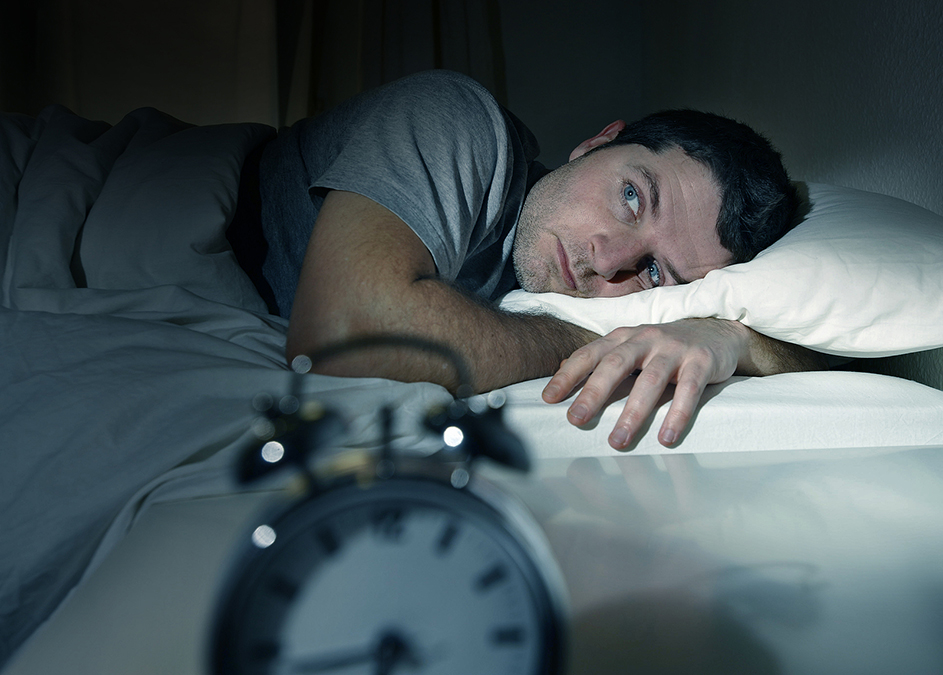 Continuous positive airway pressure (CPAP) devices are widely used for sleep apnea.
Continuous positive airway pressure (CPAP) devices are widely used for sleep apnea.
But a new review published in the Journal of Clinical Sleep Medicine looked at a different kind of mouth device, and the results were very promising.
Let’s start with a quick refresher.
Obstructive sleep apnea happens when the muscles in the back of your throat relax too much during sleep.
That blocks your airway and stops your breathing.
A CPAP machine works by blowing a constant stream of air through a mask to keep your airway open.
But many people struggle to use it.
The mask can feel bulky.
The air pressure can be uncomfortable.
And the machine itself can be noisy.
An intraoral negative air pressure (INAP) device takes a different approach.
It’s small and quiet.
It fits entirely inside your mouth.
There are no straps or external tubing.
Instead of blowing air, the INAP creates gentle suction.
This pulls the soft tissues in your mouth forward, which helps keep the airway open from the inside.
So, researchers wanted to know if this mouth device works.
And would people stick with it?
They found nine high-quality studies that included 445 adults with sleep apnea.
Each person in the studies used the INAP device, and researchers tracked their performance.
They measured how often breathing stopped or slowed (apnea-hypopnea index or AHI), overnight oxygen levels, daytime sleepiness, and how often oxygen dropped (the oxygen desaturation index, or ODI).
They also looked at side effects.
Here’s what they found:
-
● AHI scores dropped by 12.4 events per hour. That means people were breathing much more regularly.
● ODI scores improved by 10.8 points. Oxygen levels stayed more stable.
● Minimum oxygen saturation improved by 3.6 points. Dips in oxygen weren’t as severe.
● People felt more awake and alert during the day.
● No serious side effects were reported. Just some mild mouth irritation in a few cases.
If you’re having a hard time sticking with your CPAP machine, ask your doctor about the INAP device. It might not be right for everyone, but for some, it could mean better sleep and more energy during the day.
There is, however, a way to cure sleep apnea permanently: easy three-minute jaw exercises.
Some people rid themselves of snoring and sleep apnea the first night…
Learn these easy stop snoring and sleep apnea exercises here…

 Overcoming IBD
Overcoming IBD Multiple Sclerosis
Multiple Sclerosis Banishing Bronchitis
Banishing Bronchitis Gum Disease Gone
Gum Disease Gone Overcoming Onychomycosis
Overcoming Onychomycosis Neuropathy No More
Neuropathy No More The Prostate Protocol
The Prostate Protocol Brain Booster
Brain Booster
 Ironbound
Ironbound
 Solution for Shingles
Solution for Shingles
 The Bone Density Solution
The Bone Density Solution
 The Ultimate Healing Protocol
The Ultimate Healing Protocol
 The Parkinson's Protocol
The Parkinson's Protocol
 The Chronic Kidney Disease Solution
The Chronic Kidney Disease Solution
 Overthrowing Anxiety
Overthrowing Anxiety The Fatty Liver Solution
The Fatty Liver Solution The Hypothyroidism Solution
The Hypothyroidism Solution
 The End of Gout
The End of Gout The Blood Pressure Program
The Blood Pressure Program
 The Oxigized Cholesterol Strategy
The Oxigized Cholesterol Strategy
 Stop Snoring And Sleep Apnea Program
Stop Snoring And Sleep Apnea Program
 The Arthritis Strategy
The Arthritis Strategy The Vertigo & Dizziness Program
The Vertigo & Dizziness Program The 3-Step Diabetes Strategy
The 3-Step Diabetes Strategy Hemorrhoids Healing Protocol
Hemorrhoids Healing Protocol The Erectile Dysfunction Master
The Erectile Dysfunction Master Weight Loss Breeze
Weight Loss Breeze The IBS Program
The IBS Program The Insomnia Program
The Insomnia Program The Migraine and Headache Program
The Migraine and Headache Program The Neck Pain Solution
The Neck Pain Solution The Menopause Solution
The Menopause Solution The Ejaculation Master
The Ejaculation Master The TMJ Solution
The TMJ Solution The Acid Reflux Solution
The Acid Reflux Solution The Fibromyalgia Solution
The Fibromyalgia Solution The Psoriasis Strategy
The Psoriasis Strategy